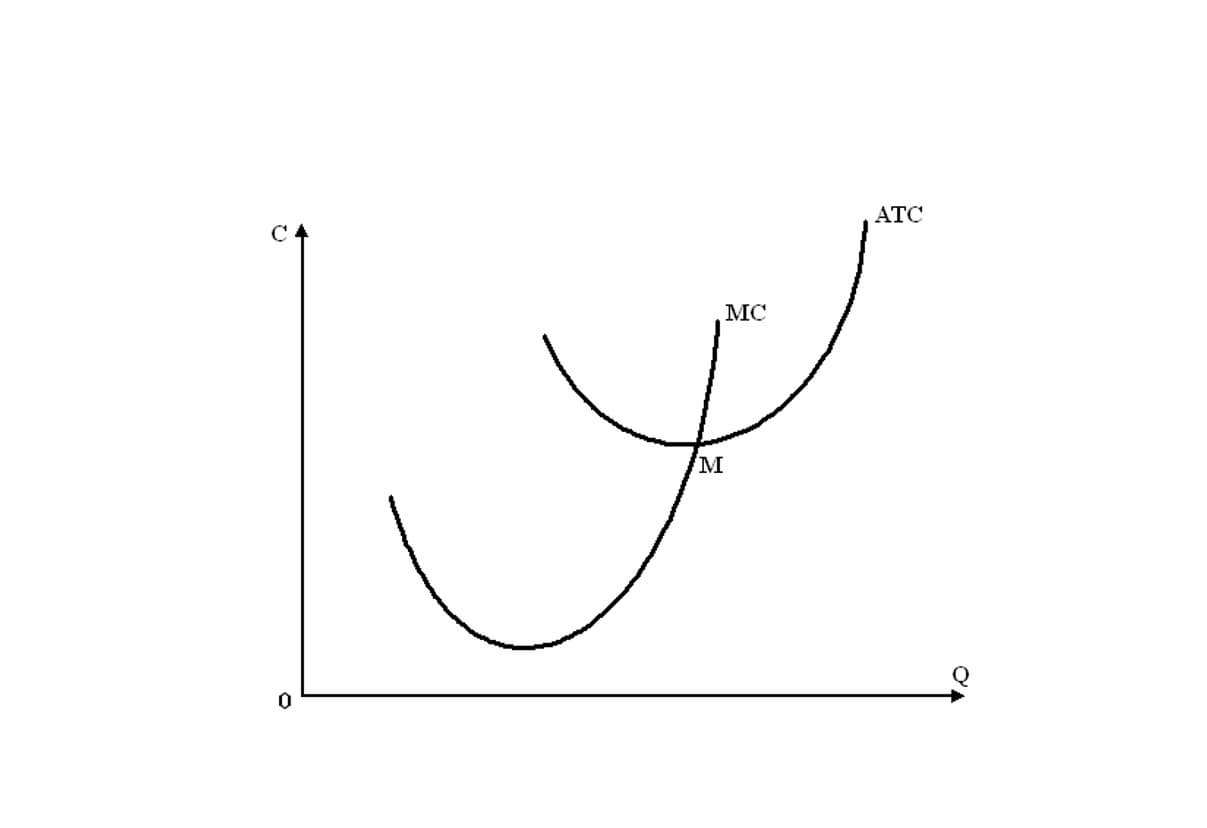
Clear protocols and training sessions can ensure consistent and accurate recognition. Real estate accounting involves recording, analyzing, and reporting financial transactions related to properties. It’s the backbone of a successful real estate Bakery Accounting business, guiding financial decisions and strategies. This domain ensures that all financial activities align with industry regulations and standards.
Adopting Ethical Accounting Practices
For instance, a stepped rent lease might have varying rental amounts over its term. Recognizing this revenue correctly ensures that financial statements reflect true income patterns. Regular reviews of lease agreements can highlight any changes or amendments. Furthermore, training sessions can ensure that all team members understand lease structures and their financial implications.

Not Tracking Petty Cash Expenditures
Knowing how to itemize your financial accounts properly can save you time and effort at tax time and alleviate stress. Once you develop patterns and practice good itemization, you’ll be able to complete this step quickly. Handling the accounting for your real estate practice doesn’t have to be a major hassle.
- Utilizing financial forecasts, analyzing profitability ratios, and evaluating market trends are essential for making informed decisions.
- With Rentastic’s automated reports, you can simplify your tax preparation.
- However, Sarah has several expenses related to the property, including property taxes, insurance, and maintenance costs.
- Real estate agents that need a full-feature but easy-to-use accounting software that’s accessible for their use even while showing homes or meeting with clients should consider Xero.
- Each month, when she receives the rent from your tenant, she records it as rental income.
- An accounting system for real estate will help you keep track of documentary evidence like invoices and receipts, to help you defend each deduction.
Here’s why realtors like you trust Bench with their bookkeeping and accounting

For real estate professionals, efficient resource allocation is crucial. Accurate allocation drives business success and ensures that unearned revenue resources support property management objectives. Real estate accounting offers tools to track these expenses and optimize returns.
Itemize All Incoming and Outgoing Transactions

Properly categorizing expenses helps you maximize tax deductions while staying compliant. This real estate bookkeeping lowers your taxable income and frees up more funds to reinvest in your business. Staying organized and precise saves time, reduces stress, and protects your bottom line. To file taxes for your business, you must summarize your transactions for the year.
- Property valuation is a dynamic process, influenced by various market factors.
- Using old or wrong bookkeeping software can cause inefficiencies and errors.
- Personalization ensures that the software aligns with specific business strategies.
- Tracking mortgage industry miles specifically for real estate sales facilitates maximizing this lucrative deduction.
- Remember, the first step of nailing your real estate accounting is getting the basics right.
- By centralizing all your property information, Rentastic helps streamline your bookkeeping tasks, making it easier to maintain an accurate financial overview.
- Specialized accounting systems offer templates tailored for property management.
Ensuring Proper Reserve Fund Accounting and Management for Property Maintenance

REI Hub is the best software for rental property accounting because it’s a comprehensive platform. We offer essential bookkeeping tools, organizational features, CPA-approved reports, tax-prep resources, and US-based support. Try REI Hub for free today and discover how easy managing your finances can be. Real estate agencies can use real estate accounting software options to manage their accounting deals and real estate deals effectively. Many real estate companies also integrate property management software into their accounting platform to meet their bookkeeping needs and comply with real estate tax laws. Dealing with rental income and property management involves collecting rent from tenants on time, ensuring the property is well-maintained, and handling any issues that may arise during the tenancy.
- Join over 1 million businesses scanning receipts, creating expense reports, and reclaiming multiple hours every week—with Shoeboxed.
- Accurate communication drives business success and stakeholder trust.
- For real estate professionals, demonstrating fiscal responsibility is a core value.
- They save time, reduce errors, and ensure that stakeholders receive the information they need in a format they understand.
- Accurate understanding ensures that businesses optimize their tax strategies and remain compliant.
- It also reduces the risk of human error, ensuring that financial data is accurate and reliable.
Comprehensive Financial Tracking for Real Estate Success
Leveraging them ensures accurate and efficient financial management. Software solutions should be customizable to cater to unique real estate needs. Advanced software solutions offer features for customization and scalability. Regular reviews ensure that software remains aligned with business needs. Training sessions offer insights into software customization and scalability.